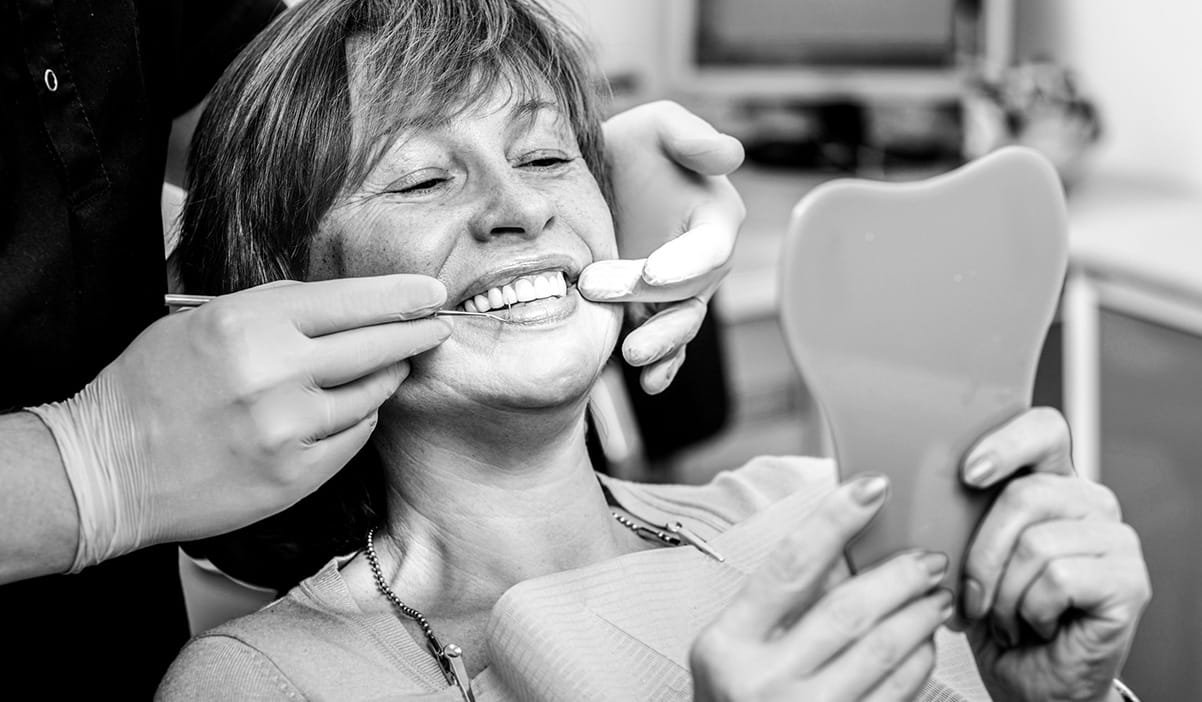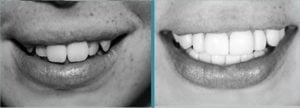Dental Veneers FAQs
Dental Veneers FAQs
Dental Veneers FAQs
This blog will address the most frequently asked questions about dental veneers, including what they are, how they work, who benefits from them, and more.
What are Dental Veneers?
Dental veneers are custom-made, durable shells that are bonded to the front surface of teeth to improve their appearance.
What are the different types of dental veneers?
The most frequently used veneer materials are porcelain veneers and composite veneers. In addition, some specialist dentists such as Spa Dental can offer Emax veneers and Feldspathic Veneers too.
Composite veneers are constructed of a resin that is moulded and bonded to a tooth in order to improve its appearance. Porcelain veneers, on the other hand, are generally created in a laboratory and have greater stain resistance than other materials.
Why might I need dental veneers?
Dental veneers are an excellent alternative for people who have discoloured, damaged, chipped, misaligned, spaced, or unevenly shaped front teeth.
Veneers can also be used to repair tiny gaps when orthodontics (braces) aren’t an option. If one tooth is out of position but the others are correct, a veneer may be used to realign it.
What is the process of getting veneers?
The veneers procedure is straightforward, and will typically involve two visits to your dentist. Your dentist will clean and prepare your teeth for cosmetic veneers at your first visit. The impression is then sent to our laboratories, where the veneer is produced, after which the veneer is tested in the mouth to ensure that you are satisfied with the colour, form, and size before being cemented to the tooth surface.
What are the advantages of having dental veneers?
Veneers are thin and are bonded in place by a strong attachment, so little tooth preparation is required.
Because they are rather like super-glue and are extremely thin, veneers make teeth appear natural and healthy.
Porcelain veneers are stain-resistant from coffee, tea, red-wine stains and cigarette smoke.
The gum tissue is extremely tolerant of veneers.
What are the disadvantages of having dental veneers?
Depending on the sort of veneers you choose, part of your teeth’s surface may be removed which can make your teeth more sensitive to hot and cold beverages and meals.
Cracks or chips on veneers aren’t always repairable, so veneers would need to be replaced in order to maintain the perfect smile.
Once you commit to the decision of having dental veneers, the process cannot be reversed.
How long do dental veneers typically last?
Dental veneers can last many years, especially if you reduce the sugar and acid intake of your daily diet and maintain an excellent cleaning routine.
However, whilst veneers are highly durable, they may chip or break, just like your own teeth. The lifespan of each veneer will be discussed with you by your dentist.
How much do veneers cost?
The cost of veneers is determined by where you have them done and the number of teeth they will cover. At Spa Dental the initial consultation is completely free, where we can discuss your requirements and ensure that veneers are right for you. From there, the cost will depend on the type of veneer you choose:
Composite veneers are available from £395
Feldspathic Veneers are available from £495
Emax Veneers are available from £595
Who should avoid having dental veneers?
Anyone who is at risk for gum disease or decay. Veneers can be used to cover up these issues, but you must address the underlying problem in order to keep your veneers durable.
Anyone who grinds their teeth when they sleep. If grinding occurs against unprotected surfaces it will wear down the veneer and eventually the tooth beneath.
Anyone who bites their nails or eats too many acidic foods. These habits can cause damage that will shorten the life of your veneers.
Contact our specialist team on 01905 917 030 to find out more about veneers and book your free consultation.






